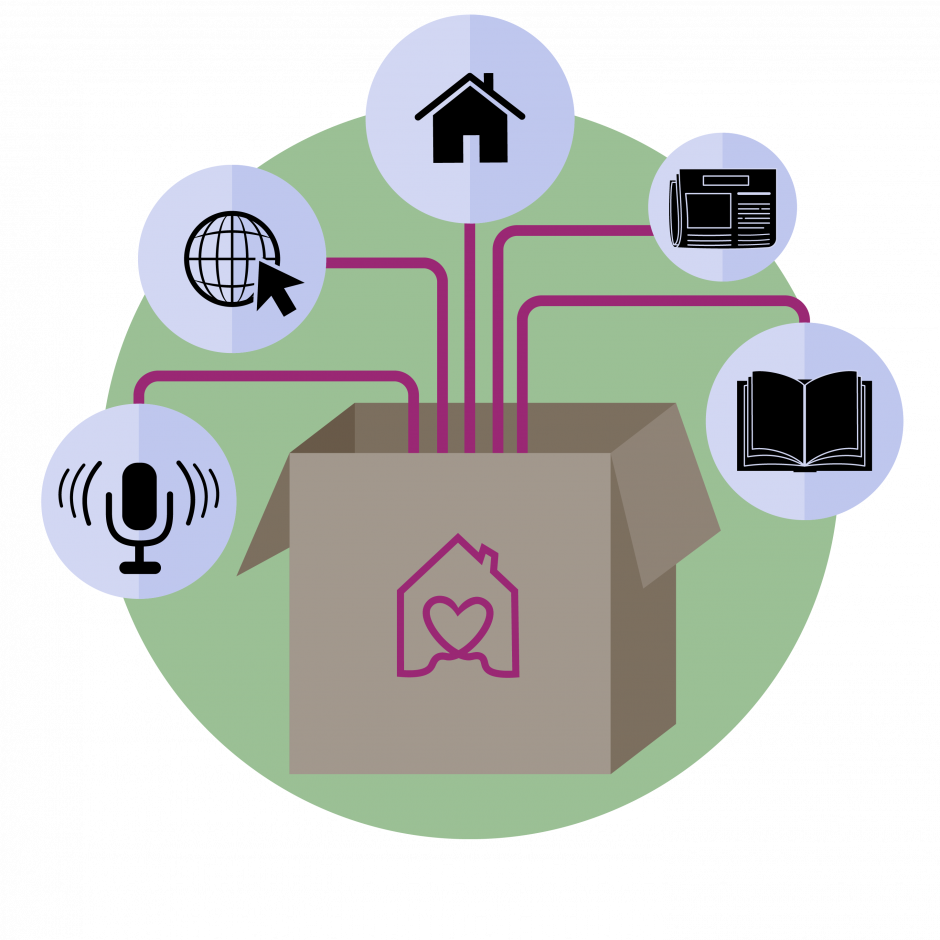
Prospective Students
Undergraduate Research Experience

To explore student resources, including a degree navigator, info about how to get involved in research, academic advising, and more, check out the psychology department’s Student Guide on Canvas.
Find out more about UBC psychology by browsing the department’s website.
Getting Research Experience
A great option for gaining research experience for course credit is the elective course PSYC 240: Research Experience.
If you are interested in Directed Studies, Honours Thesis supervision, or working as an RA in our Centre, please send your resume and unofficial transcripts to us at hoarding@psych.ubc.ca. Currently, we do not have any positions available, but we recommend checking back with us periodically. April and July are good times of year to inquire about openings.
Looking for information about Dr. Woody’s courses?
Dr. Woody’s Undergraduate Courses

This section is relevant for UBC undergraduate Psychology students who are interested in Dr. Woody’s courses. Depending on the year, she teaches PSYC 300a or PSYC 401 for undergraduates. She also teaches courses at the graduate level.
In Term 1 of 2023, Dr. Woody is teaching two sections of PSYC 300a (Abnormal Psychology). Both sections are fully in-person courses; other sections of this course (taught by other instructors) are available for students who prefer an online learning environment.
PSYC300a – Abnormal Psychology
PSYC 300a focuses on the definition, history, and scope of mental illness, with emphasis on the psychological factors that control the origins, maintenance, and modification of psychopathology. The course provides students with foundational knowledge to support further study of mental health and promotes compassion and understanding toward people who struggle with mental health problems. Learning activities are structured to facilitate the development of interpersonal skills in collaboration, cooperation, and oral communication as well as the mastery of course content.
By the end of the course, students who are willing and able to meet the requirements will be able to:
- Identify major symptom criteria and important features of depression and mania, anxiety-based disorders, schizophrenia and other psychotic disorders, substance use disorders, eating disorders, personality disorders, and internalizing and externalizing disorders among children and youth;
- Outline causal theories of these disorders and critically evaluate the degree of empirical support for those theories;
- Interpret graphs and tables that present data on mental health; and
- Discuss ethical and legal issues in mental health.
PSYC 300a is generally fully subscribed. Please note that the course enrollment is capped at the number of seats in the classroom, so we are unable to accommodate an over-enrollment. Furthermore, professors are unable to register students in a course, so we do not keep a waitlist for students who wish to enroll.
If you are interested in taking the course with Dr. Woody but have not yet been able to register, don’t worry. In the first couple of weeks of the term, many students will be adjusting their schedule, dropping some courses and adding others, so space will open up in the course. Over the past 20 years, this course is always full leading up to the start of the term, but by the end of the second week of the term, there have always been a few seats available. Just be patient and keep up with the work – in all likelihood, you will be able to register in the course.
- Save room in your timetable for the section that works best for you.
- Keep checking the online registration system and register when you can. The most common time for seats to become available is in the first few days of the term.
- Do not worry if you are unable to register for the course before the term starts. Come to class anyway, and keep up with the readings so you don’t fall behind.
- Because you won’t get access to the Canvas site until you are registered, below are the Week 1 slides to help non-registered students keep up until you’re able to register.
Syllabus
Week 1 Slides
Prospective graduate students

We invite applications from exceptional applicants with strong research experience.
If you are interested in applying to the doctoral program in clinical psychology, the typical trajectory is for students who have completed a bachelor’s degree in psychology to apply to the MA program. The MA and PhD programs are a programmatic sequence; we only admit students who intend to complete the PhD.
See the Psychology Department website for information on graduate admissions.
Consult the frequently asked questions about applying to the graduate programs at UBC Psychology.
Successful applicants will have:
- A strong match between our research program and the student’s research interests, both in content and in methodology
- Good teamwork skills to engage in collaborative work and also independent research skills to do your part in moving projects forward
- Self-directed, intrinsically motivated student with “fire in the belly” about the topics we study
- A good track record of relevant research experience, including quantitative or qualitative research skills
- Strong letters of recommendation from people who know you well and who can speak to your research experience, skills, and abilities
- Evidence of strong written and oral communication in English
- External government-based funding to support your graduate studies (See the Psychology Department website for more information on funding opportunities.) If you apply for Tri-Agency funding, be sure to specify UBC-Vancouver as one of the 3 institutions you list on your application. International students can apply for UBC-based funding. If you are Indigenous, UBC has many programs to provide financial support. Look for more information by searching for the keyword “Indigenous” at UBC’s Faculty of Graduate and Postdoctoral Studies Graduate Funding Opportunities website.
Please note that we do not schedule informal interviews with applicants prior to the application deadline. This is to promote equity and inclusion in the recruitment of graduate students. Not all applicants request an advance meeting, and we do not want to unfairly advantage or disadvantage any applicant. We typically review all applications first and then select a subset of applicants to interview via Zoom in December or January. One or two top applicants will be invited to the Psychology Department’s recruitment weekend (date TBD).
Learn More


